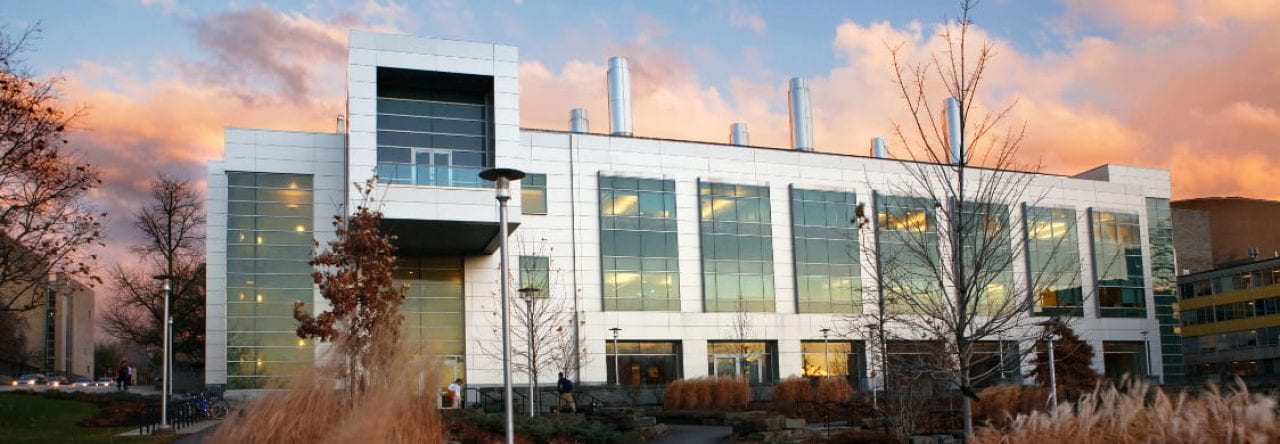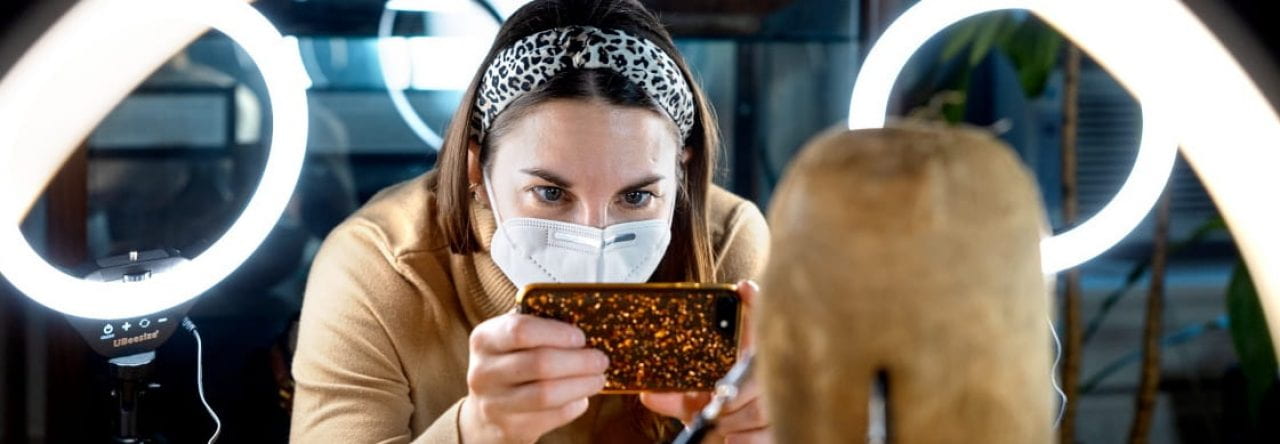Michael Thompson
Dwight C. Baum Professor in Engineering
Materials Science and Engineering
Biography
Prof. Michael Thompson received his B.S. in Applied Physics from CalTech in 1979 and M.S./Ph.D degrees in Applied and Engineering Physics from Cornell. For the past 28 years, his group’s research has focused on the behavior of semiconductor materials under pulsed and CW laser exposure. He is coauthor on more than 120 papers and over 20 patents.
Research Interests
Prof. Thompson’s group is focused on the use of transient thermal processing on time frames from nanosecond to sub-seconds as a method for characterization and modification of material properties, focusing particularly on semiconductor materials and applications. These timeframes are achieved primarily through the use of pulsed and CW laser sources to heat materials to temperatures far beyond conventional limits, and cool within comparable timeframes by thermal quench to substrates. His group uses these methods to study fundamental material properties such as (i) the limits to liquid-phase epitaxial crystal growth through topologically complex nanopores, (ii) metastable activation and deactivation of dopant impurities in semiconductors, (iii) reaction and diffusion mechanisms in chemically amplified photoresist systems, and (iv) limits to stability of materials (organic) at high temperatures. These studies are tightly coupled with the corresponding industrial challenges including (i) front end junction formation for VLSI, (ii) EUV lithography, (iii) flexible electronics and (iv) novel photonic and solar cell materials. http://www.mse.cornell.edu/mse/research/resgroups/thompson/index.html
- Advanced Materials Processing
- Advanced Materials
- Materials Synthesis and Processing
- Semiconductor Physics and Devices
Teaching Interests
The challenge in teaching is helping students realize that they can master a rigorous and challenging course. For almost 25 years, Prof. Thompson has been teaching juniors in MSE the fundamentals of thermodynamics. In an abstract and generally non-intuitive course, Prof. Thompson enjoys the continuous challenge of finding real-life examples to motivate the material, and identifying physical analogs that help students gain an intuitive as well as mathematical understanding. Last year, he inherited the introduction to electronic properties course (ENGRD 2620) and is currently working to develop similar examples. He also coordinates the senior thesis course including segments covering professional responsibilities in the lab environment, and statistical analysis and treatment of experimental data. Although time no longer permits, he particularly enjoyed teaching a microelectronic fabrication course giving students a direct experience with the fun of actually making things!
Service Interests
Externally, Prof. Thompson is active as a consultant in the microelectronics industry. Internally, his primary focus tends to migrate toward curriculum development and outreach activities promoting materials science and engineering. He currently serves on the department curriculum review committee, lead the ABET accreditation process in the department, and is on the FABIT committee for the college.
Selected Publications
- Chen, S., X. Wang, Michael Olgar Thompson, Y. Wang, C. Lu, J. McWirter. 2010. “Characterization of Dopant Activation, Mobility and Diffusion in Advanced Millisecond Laser Spike Annealing.”
- Iyengar, K. A., P. Clancy, Michael Olgar Thompson. 2010. “A 3D model for simulating temperature and stress profiles during sub-millisecond Laser Spike Annealing.”
- Arora, H., D. Phong, K. Tan, J. Hyun, J. Grazul, H. L. Xin, Michael Olgar Thompson, U. Wiesner. 2010. “Block Copolymer Self-Assembly-Directed Single-Crystal Homo- and Heteroepitaxial Nanostructures.” Science 330: 214-3219.
- Lew, C., Michael Olgar Thompson. 2010. “Quantifying electronic charge trap states and the effect of imprint on ferroelectric poly (vinylidene fluoride-trifluoroethylene) thin films.” Journal of Applied Physics 107 (104110).
- Sha, J., B. Jung, Michael Olgar Thompson, C. K. Ober, M. Chandhok, T. R. Younkin. 2009. “Submillisecond post-exposure bake of chemically amplified resists by CO2 laser spike annealing.” Journal of Vacuum Science & Technology B 27 (6): 3020-3024.
Selected Awards and Honors
- North American Award for Technical Contribution to Semiconductor Industry (SEMI) 2009
- Excellence in Teaching Award (Cornell University) 2001
- Excellence in Teaching Award (Cornell University) 1998
- Excellence in Teaching Award (Cornell University) 1995
- IBM Faculty Development Award (IBM)
Education
- BS (Physics), California Institute of Technology, 1979
- MS (Physics), Cornell University, 1982
- Ph D (Physics), Cornell University, 1984





